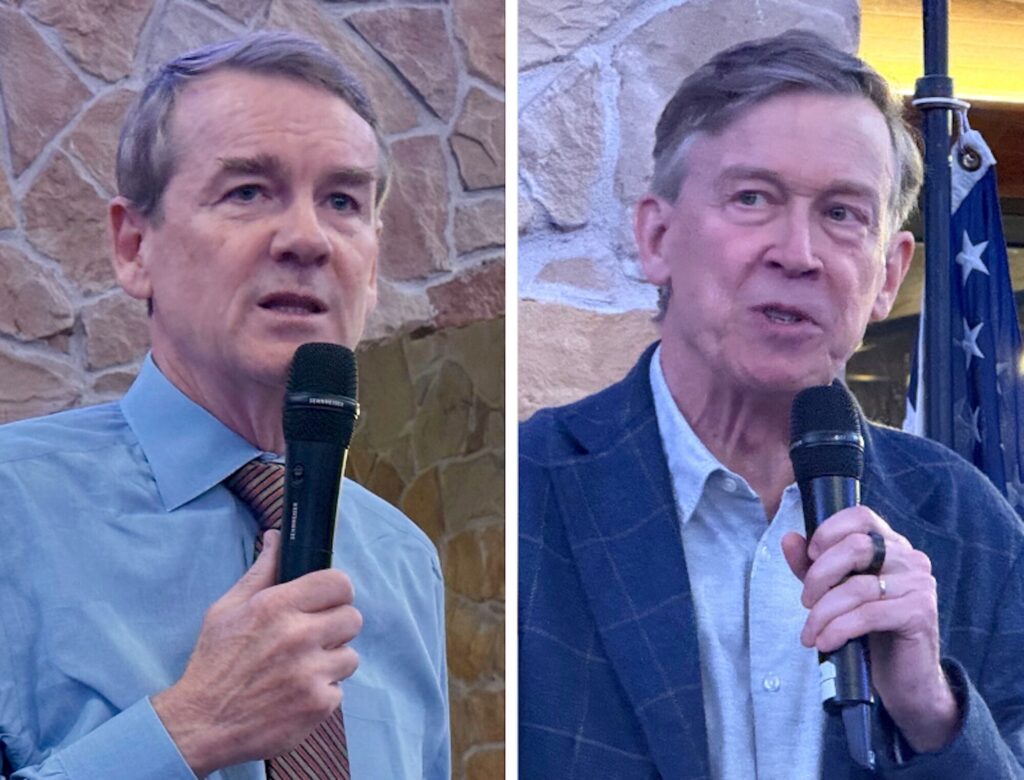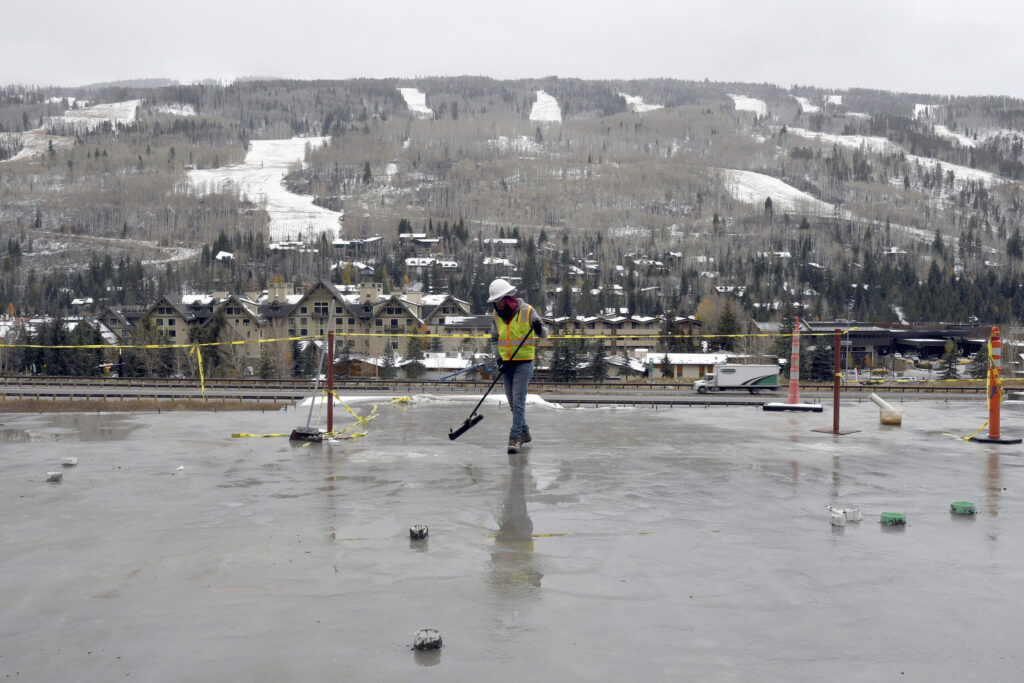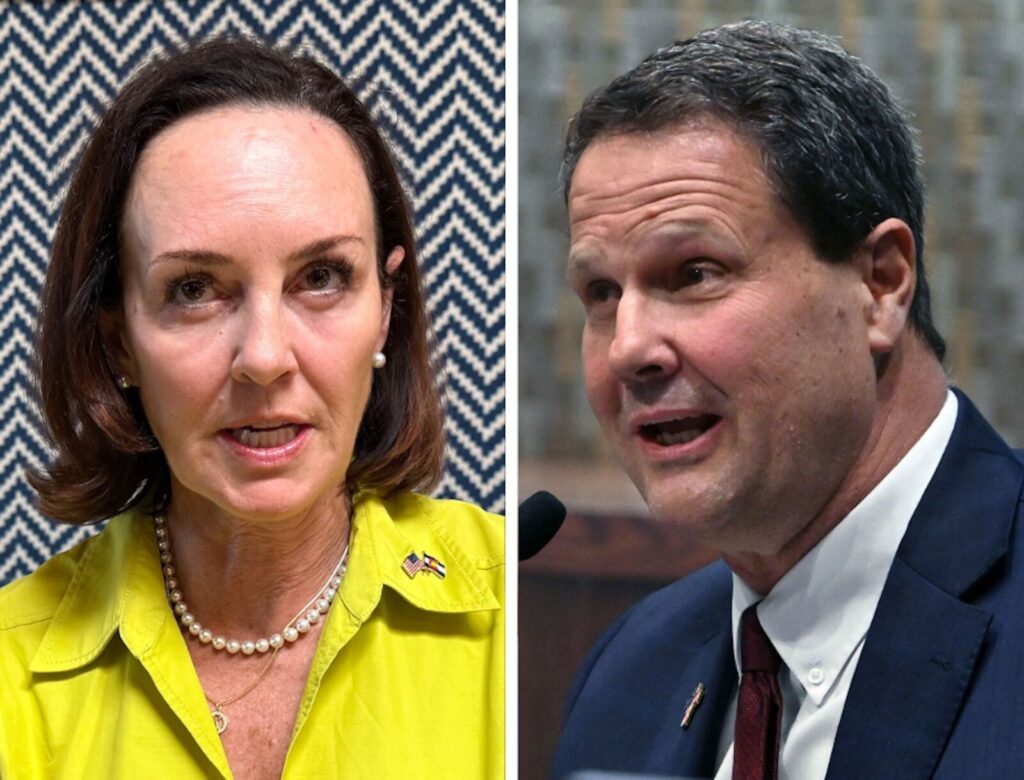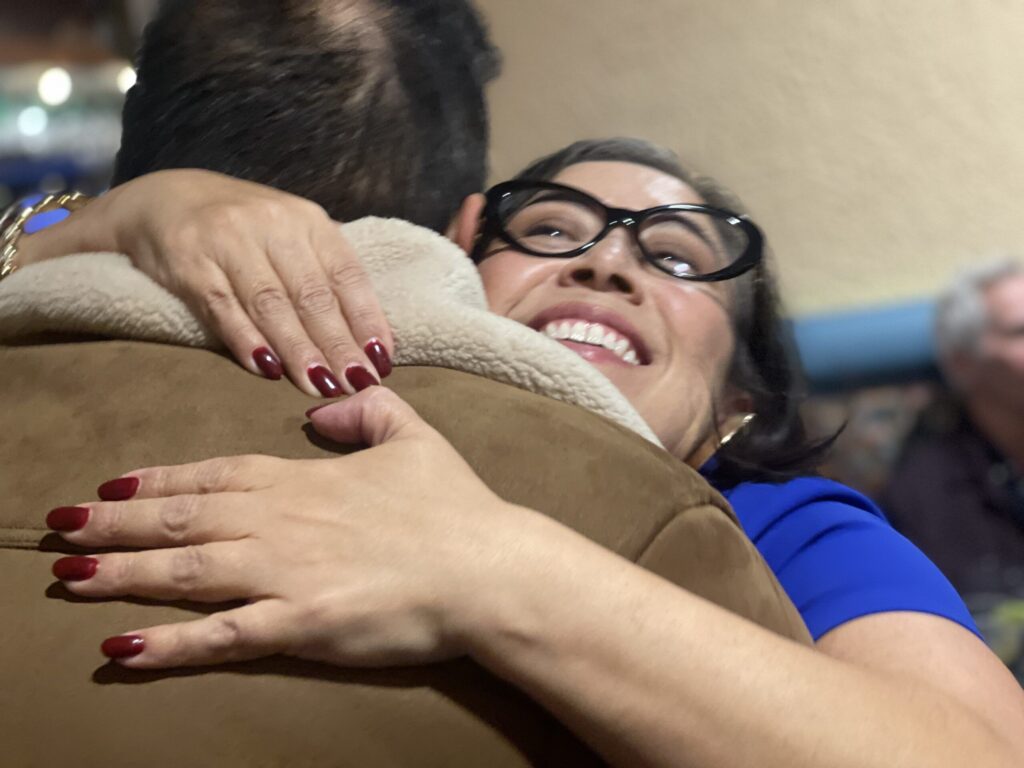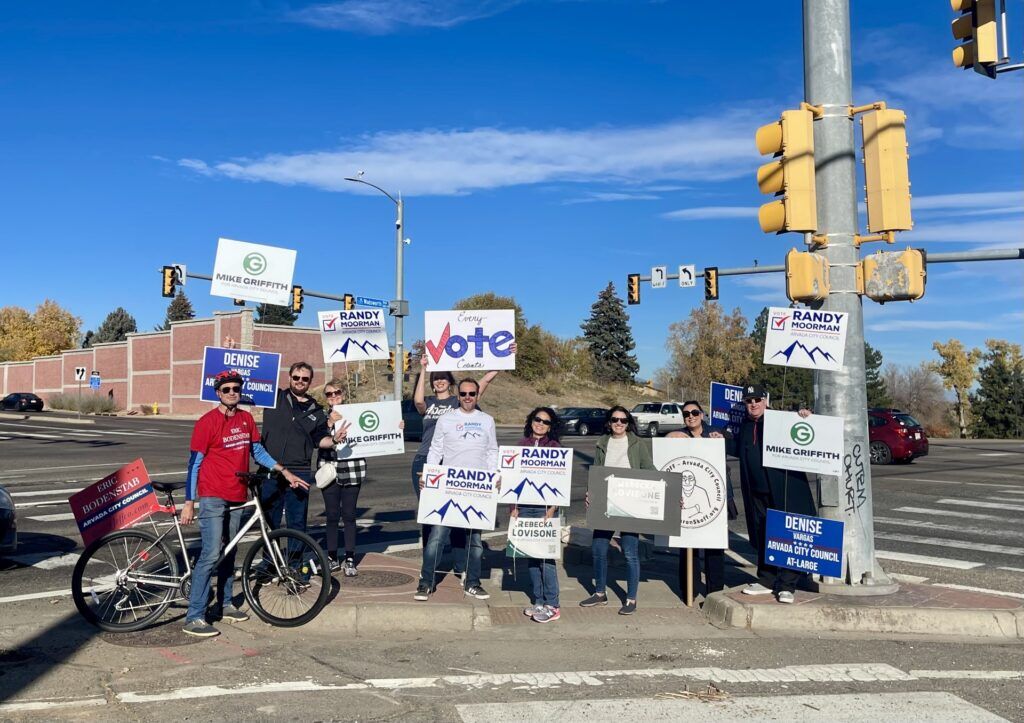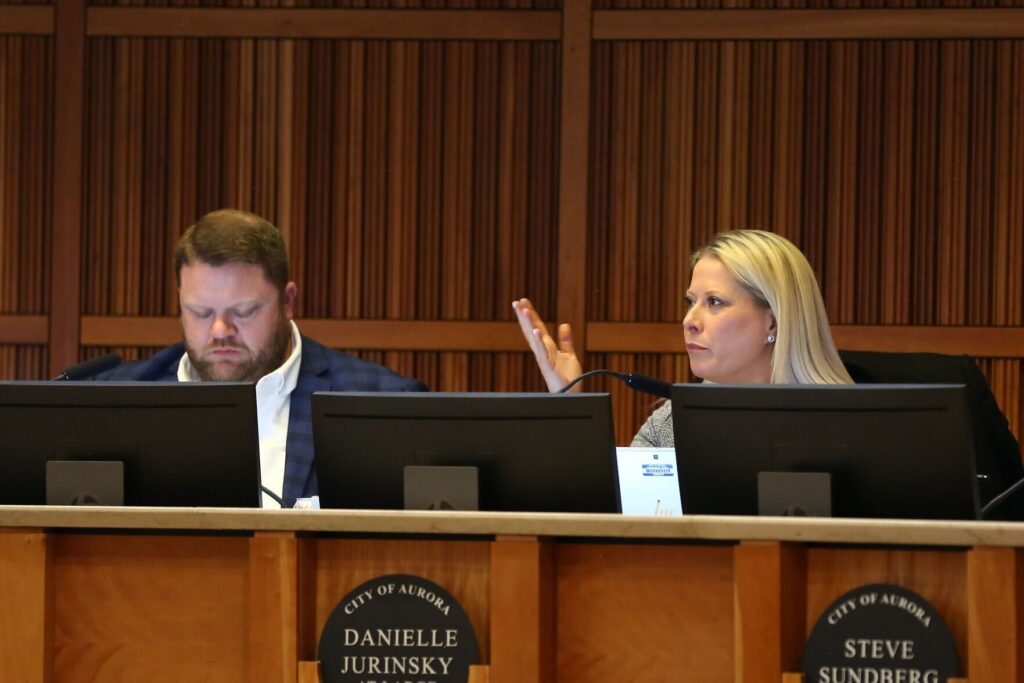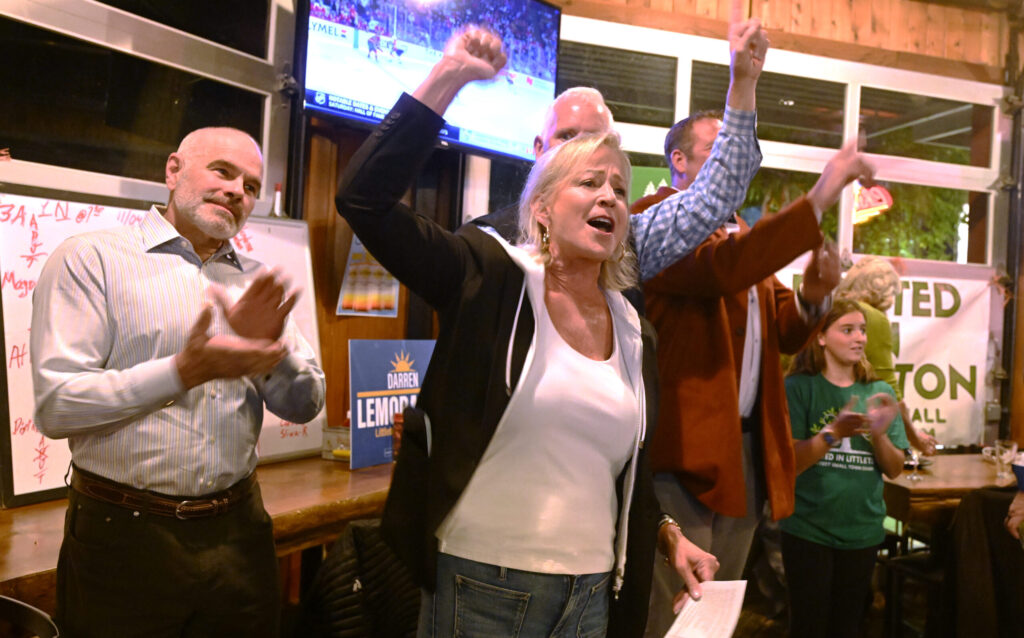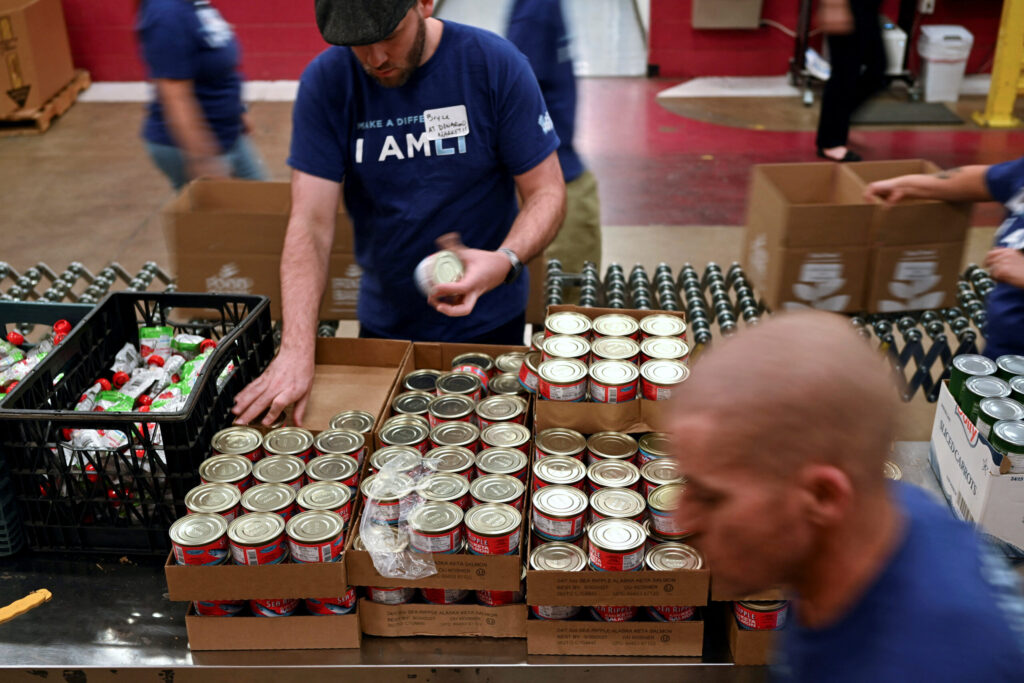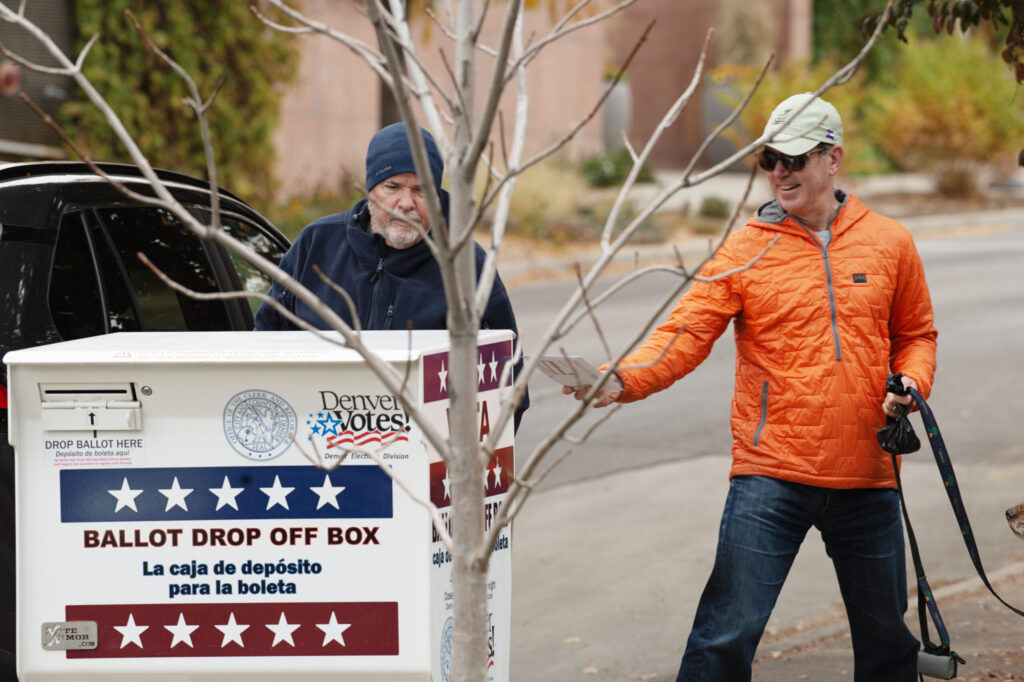Colorado Republicans again weigh whether to boot unaffiliated voters from party primaries | TRAIL MIX
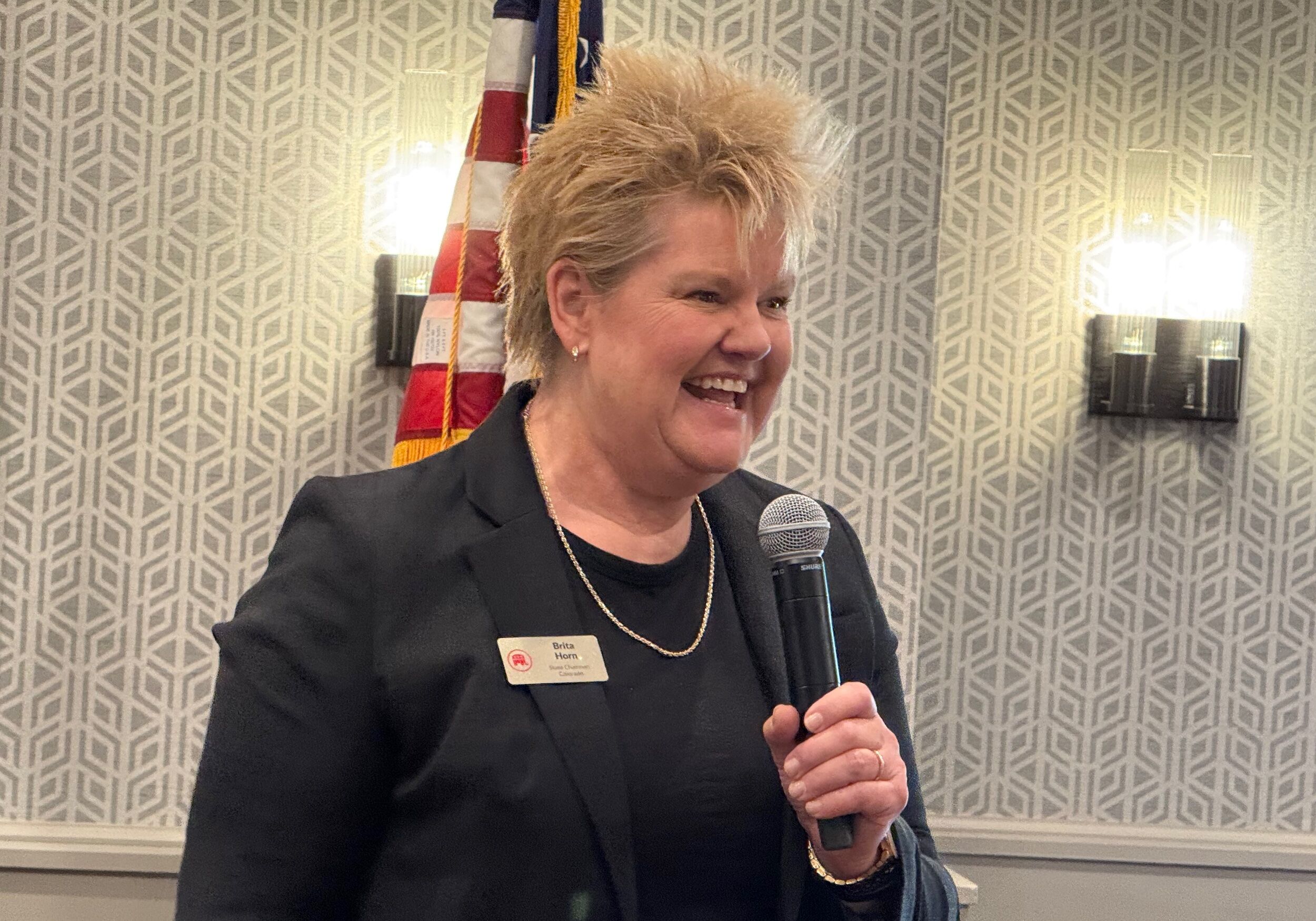
For the fifth time since Colorado voters created the state’s semi-open primary system, Republican Party officials are set to decide if unaffiliated voters can cast ballots in the party’s upcoming primary.
More than 400 members of the Republicans’ state central committee are scheduled to convene on the morning of Sept. 27 on the University of Colorado Anschutz campus in Aurora, with a single item up for debate — whether to cancel next year’s primary election and instead choose the GOP’s 2026 nominees at party assemblies.
It’s a good bet that no single issue cleaves the state’s notoriously fractious Republican Party more than the “opt out” question, which has been on the table in odd-numbered years ever since voters passed Proposition 108 in 2016.
Although support for the GOP cancelling its primary nearly doubled between the party’s 2021 and 2023 votes on the question — from 33% to 65% in favor — the results still fell short of the law’s required 75% threshold, a super-majority that is itself an element in the party’s ongoing legal challenge seeking to overturn the measure as unconstitutional.
Few political observers expect this year’s opt-out vote to succeed, particularly since party chair Brita Horn has opposed the move in previous cycles, while her immediate predecessor, former state chair Dave Williams, made his support for opting out a central plank in his campaign for party leadership.
Shortly after she took office this spring, Horn told Colorado Politics that the party would continue funding the lawsuit aimed at undoing Proposition 108 but would let the central committee decide how to proceed on the 2026 nomination process.
She also reiterated, however, that she viewed the party unilaterally withdrawing from the state’s semi-open primary as the wrong message for Republicans to send the millions of unaffiliated voters the party’s candidates would need to win over a few months later in the general election.
“We don’t need to make the party any smaller,” Horn said. “We can’t win if we stay this small or get smaller.”
Williams argued the opposite side two years ago, ahead of a proposed state party bylaws change that would have effectively lowered the threshold to close the primary.
“We should get to create our own rules and decide our own fate, not anyone else, especially radical liberals who will stop at nothing to pass the extreme agenda of Joe Biden and Jared Polis,” Williams said
Largely funded by Kent Thiry — the flamboyant former president and CEO of Denver-based kidney dialysis provider DaVita Inc., who once considered running for governor in 2018 as a Republican — the ballot initiative that created semi-open primaries passed with 53% of the vote in the same election its companion measure, Proposition 107, which restored presidential primaries in Colorado, passed with 64% support.
Prop 108 opened the state’s biennial Democratic and Republican primary elections for county, state and federal officials to unaffiliated voters, who make up an increasingly large share of Colorado’s electorate — just a hair under 50% of the state’s 4.1 million active registered voters, according to the most recent voter registration report from the Colorado Secretary of State’s Office.
Under the measure, registered voters who aren’t affiliated with a political party receive primary ballots from both major parties and can vote one or the other, though if they return both, their vote doesn’t count.
It’s known as a semi-open primary, since a fully open primary, like exist in some states, would allow voters from any party to vote in whatever primary they choose. By design, the statute excludes members of Colorado’s officially recognized minor political parties from the system — their roster currently stands at eight, from the largest and most established, the Libertarians, to the smallest, the recently formed Forward Party — instead letting minor parties designate their own routes to the November ballot.
The law also includes an “opt-out” provision, meant to avoid constitutional objections that led the courts to strike down another version of open primaries, in California, before Colorado’s initiative was introduced.
In order to prevent unaffiliated voters from taking part in either major party’s primary, 75% of the party’s central committee membership has to vote affirmatively to do so in a meeting held before Oct. 1 in the off-year prior to the primary.
Since the measure’s adoption, Republicans have complained that the threshold is impossibly high, noting that it’s rare that even 75% of its central committee membership attends meetings.
That’s one reason Williams and his allies tried to amend the state GOP’s bylaws two years ago to count absent or nonvoting central committee members as “yes” votes on the opt-out question. Republicans voted down that proposal, which needed a two-thirds vote to pass, with about 55% of members present voting in favor of the change.
While both the state’s Democratic and Republican parties opposed the ballot measure — complaining that it infringed on the parties’ ability to select their own nominees — the Democrats haven’t seriously considered dumping the system since voters approved it.
The GOP, however, has engaged in heated debate every two years.
Supporters of opting out insist that it makes no sense to let non-Republicans steer the party by helping pick nominees, noting that it’s easy for voters to affiliate if they want to vote in the primary. Opponents, meanwhile, maintain that closing the primary amounts to stiff-arming the millions of unaffiliated voters who will ultimately decide close races statewide and in competitive districts.
Both sides made what have come to be familiar points in advance of the state GOP’s initial decision against opting out in 2017, when a group of central committee members were forced to petition party leadership to bring the question to a vote.
“We’re going to look at this thing as an opportunity, not a crisis,” then-state chairman Jeff Hays told Colorado Politics. “We feel it’s an opportunity to go win over some hearts and minds. That’s the way we’re approaching it.”
Added Hays: “We would look like the party that hates unaffiliated voters. That’s certainly not the case. We value their opinions, value their participation, and we should make sure we very assertively engage them in the process.”
Adams County Republican Ben Nicholas, the central committee member who spearheaded the petition demanding that Hays call a vote on the question, said the party was trying to expand its membership, not take advice from voters who weren’t interested in joining the GOP.
“To allow unaffiliated voters to have an influence on the selection of our candidates is foolish,” Nicholas said in a letter to fellow Republicans. “It would be as foolish as allowing the New England Patriot fans to have a say in who the Broncos starting quarterback should be.”


